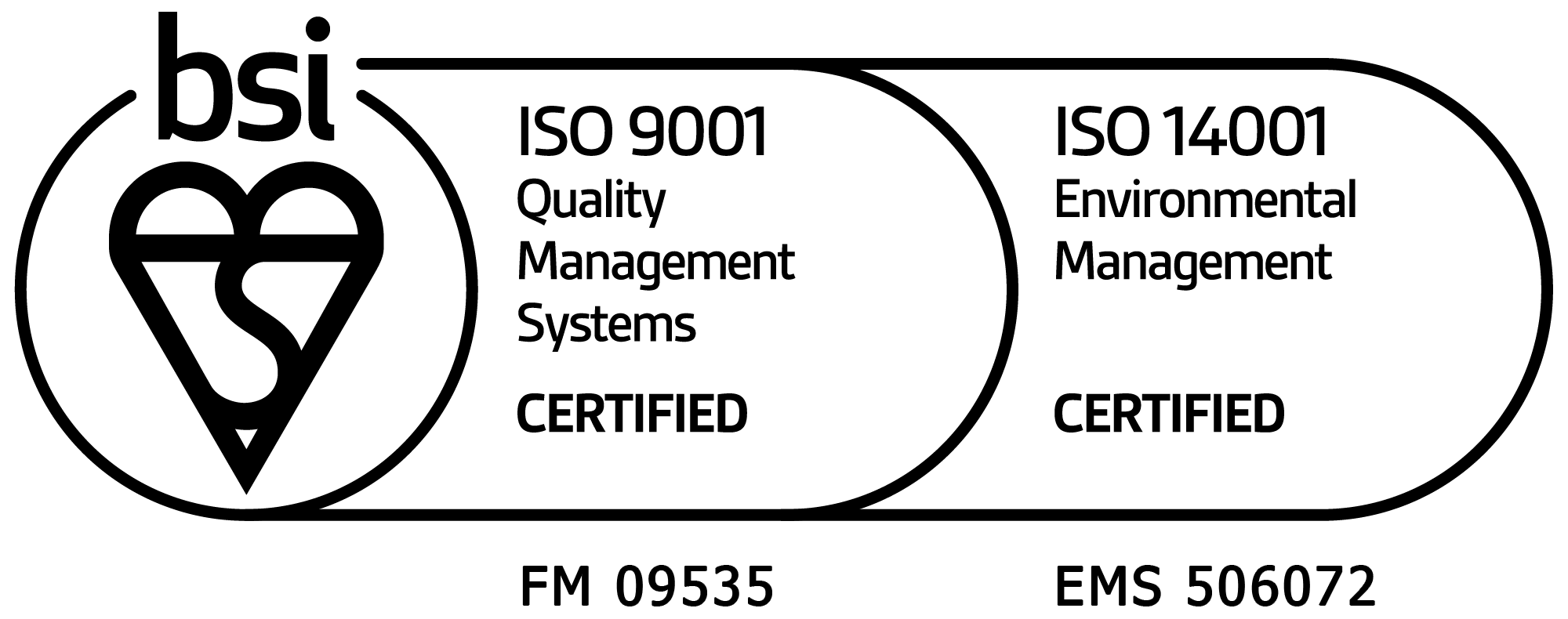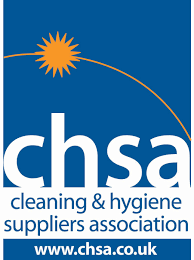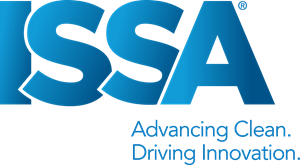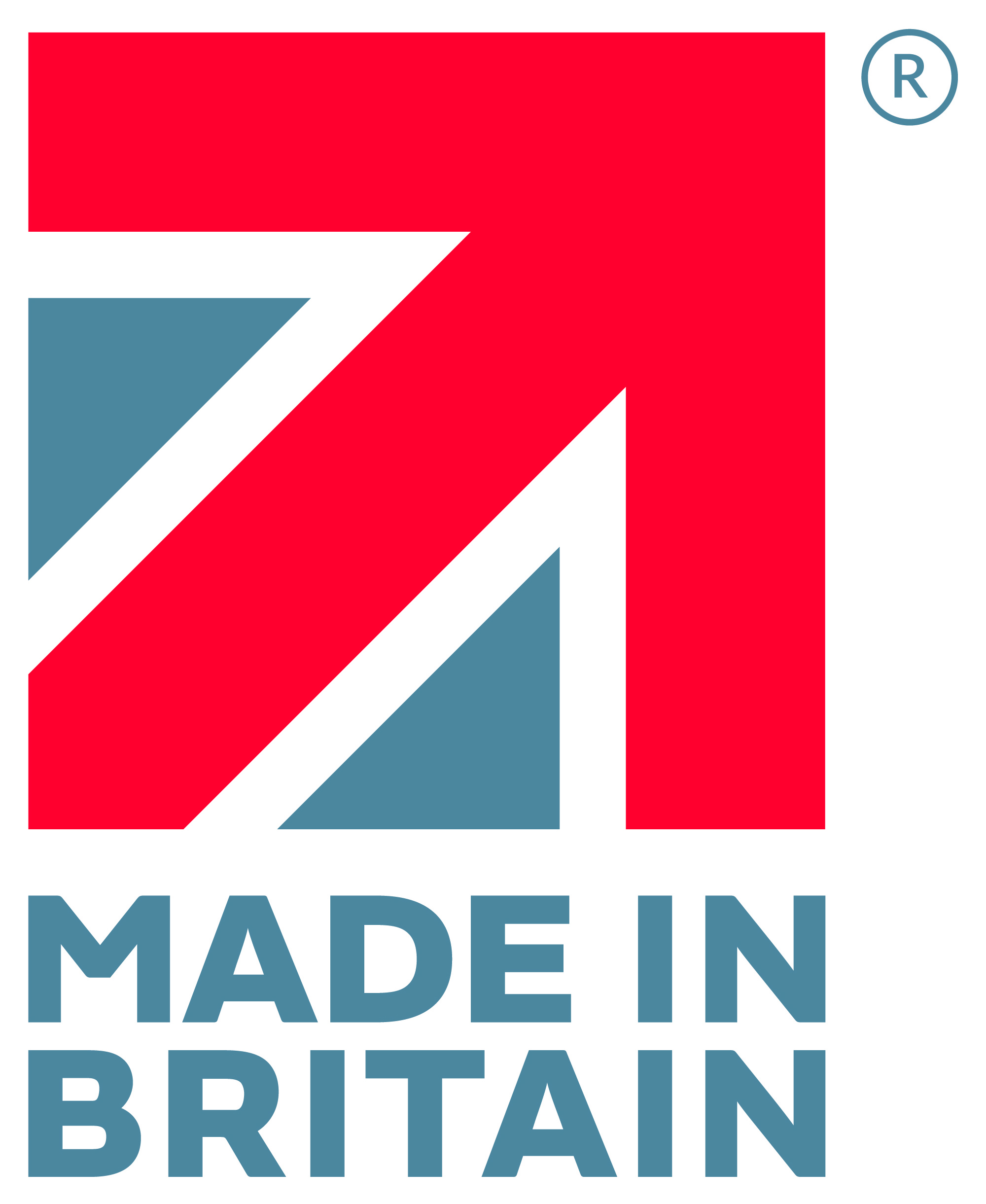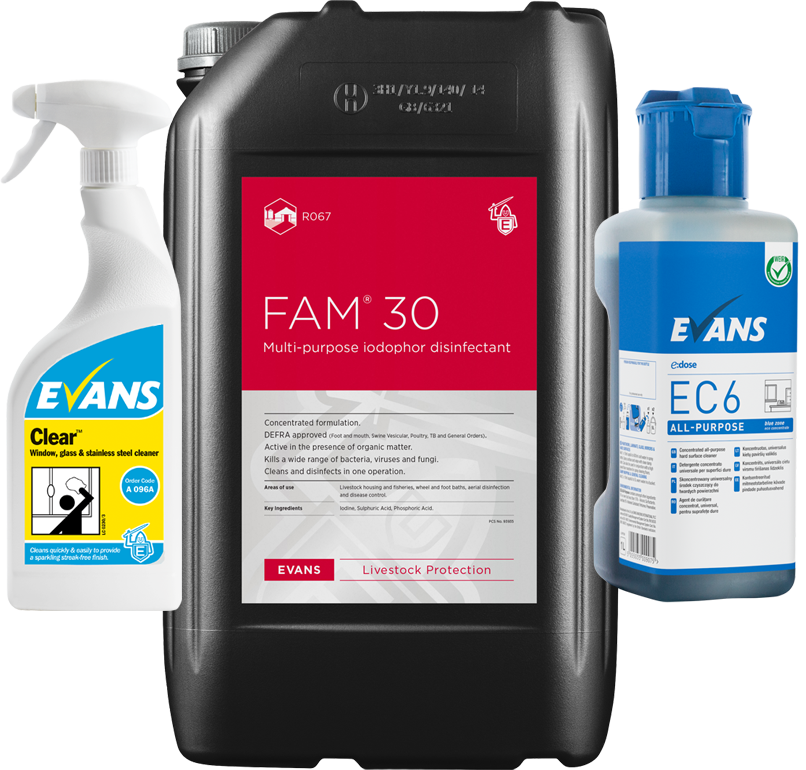20th September 2012
You may all have read in the national press about a new “superbug”
commonly known as NDM-1. We are aware of this superbug and herewith a
brief explanation of our recommendations.
NDM-1 (New Delhi metallo-beta-lactamase-1) refers to an enzyme produced by bacteria such as E.coli or Klebsiella pneumonia, which makes the bacteria resistant to Carbapenems (antibiotics effective against other resistant bacteria). This resistance can be passed from one bacterial strain to another, making antibiotics largely ineffective except for polymyxins and less consistently tigecycline
For short it is an enzyme that can live inside different bacteria and will be resistant to certain antibiotics
The Health Protection Agency (HPA) have been monitoring Carbapenem resistance in ESBL (Extended Spectrum b Lactamase) bacteria for a number of years. In the last two years an increase in NDM-1 strains has been noted although at the present time (August 2010) there have been less than 100 reported cases. Alerts have been issued by the HPA to advise doctors to look out for these infections. The most recent alert gave exposure to healthcare systems in India and Pakistan as major risk factors.
We will not be able to test NDM-1 strain until they become available at the National Collection. Given the small amount of infections and associated risks it is unlikely we will have access to them in the near future. A number of Evans Vanodine disinfectants have been successfully tested against E.coli ESBL and found to be active at the following dilution rates: Safezone 1:10, Vanoquat ‘New Formulation’ 1:100, Handsan undiluted.
For the time being normal infection control practices are recommended, for example disinfecting equipment, surfaces and most importantly good hand hygiene including washing with soap and water and after drying, disinfecting with Handsan alcohol hand rub especially when dealing with susceptible individuals.






